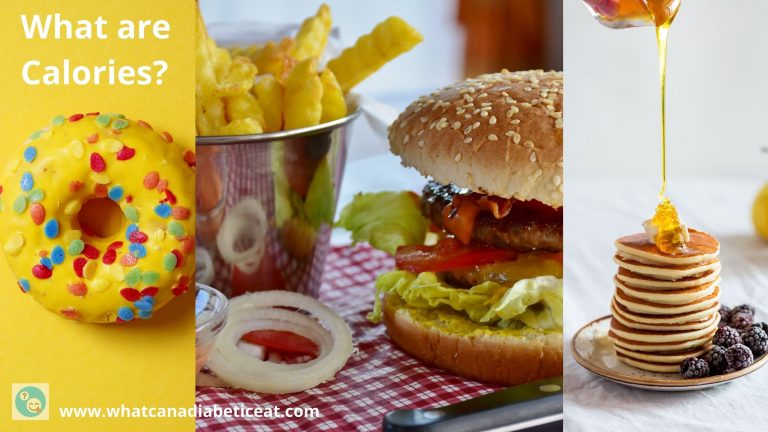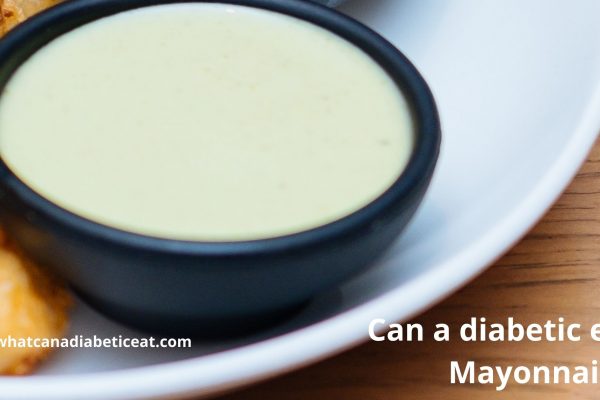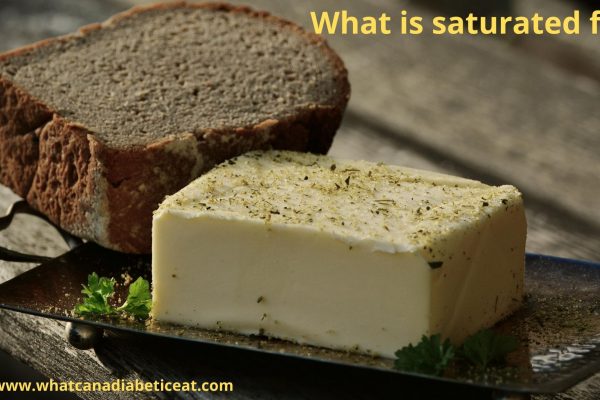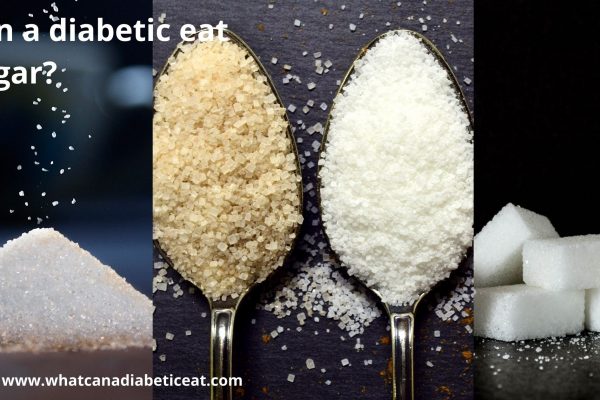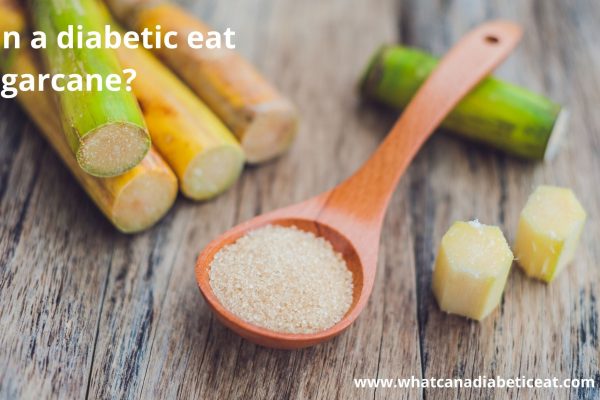What are Calories? What is calorie in food?
Calories measure energy. To be specific, a calorie is the amount of heat energy that can raise the temperature of a quantity of water by 1 degree. In practice there are two calorie definitions in use. One is small calorie, usually denoted by ‘c’ or ‘cal’ and the other one is the large calorie denoted by ‘C’ or ‘Cal’ or ‘kcal’. Small calorie or ‘c’ is the amount of energy needed to raise temperature of 1 gm water by 1 degree. Large calorie or ‘C’ is the amount of energy needed to raise the temperature of 1 Kg of water by 1 degree. These definitions mean 1 C = 1000 c.
Historically, the small calorie is used in traditional physics and the large calorie is used in food and nutrition. So, when you speak of calories in food, you are talking about the large calories. In other words, each calorie you eat has the ability to raise temperature of 1 Kg of water by 1 degree. For example, when you eat a food that has calories, it means your body gets 100 Calories of energy by eating that food.
How does the body use calories?
Your body uses calories you eat to generate energy. This process is called metabolism. Metabolism is a complex biochemical process during which the food and drink you consume are combined with oxygen and converted into energy that your body can use for various bodily functions.
When your body fails to use all the calories you eat, your body converts excess calories into fat. This is why they say you build up fat and gain weight when you do not exercise enough. On the other hand, when your body tries to burn more calories than you eat, your body burns body fat and converts into calories. These calories generated from body fat fill the deficit when your body burns more calories than you eat. That’s why they say when you exercise well, you burn body fat and lose weight.
How many Calories do I need to eat?
How many calories a person needs to survive depends on many factors and varies from person to person. Experts say an average person needs at least 1200 calories to survive. Eating less than this can lead to starvation. Eating 1200 or more calories can mean that your body may get enough nutrition to survive. The kind of nutrition your body gets from your food depends on many factors. Experts say it Is not a good idea to starve yourself for any reason including to lose weight. Rather than starving yourself, you need to eat a balanced meal that can give you all the essential nutrition. You must speak to your doctors before starting on any diet to lose weight or gain weight.
What happens if diabetics eat high calorie diet?
Foods high in sugar and fat generally are high in calories too. Hence, high fat or high sugar foods generally cause weight gain. When diabetics eat food high in calories and do not burn as many, they gain weight.
Weight gain is a serious problem for diabetics. Weight gain can cause new health problems like hypertension, high cholesterol and make it difficult to control blood sugar levels. Gaining weight can dramatically increase the risk of cardiovascular problems or stroke. A diabetic meal plan must include food high in nutrition and low calorie food, sugar, salt and fat. Generally diabetics exercise regularly using exercise equipment to keep blood sugars and body weight in check.

